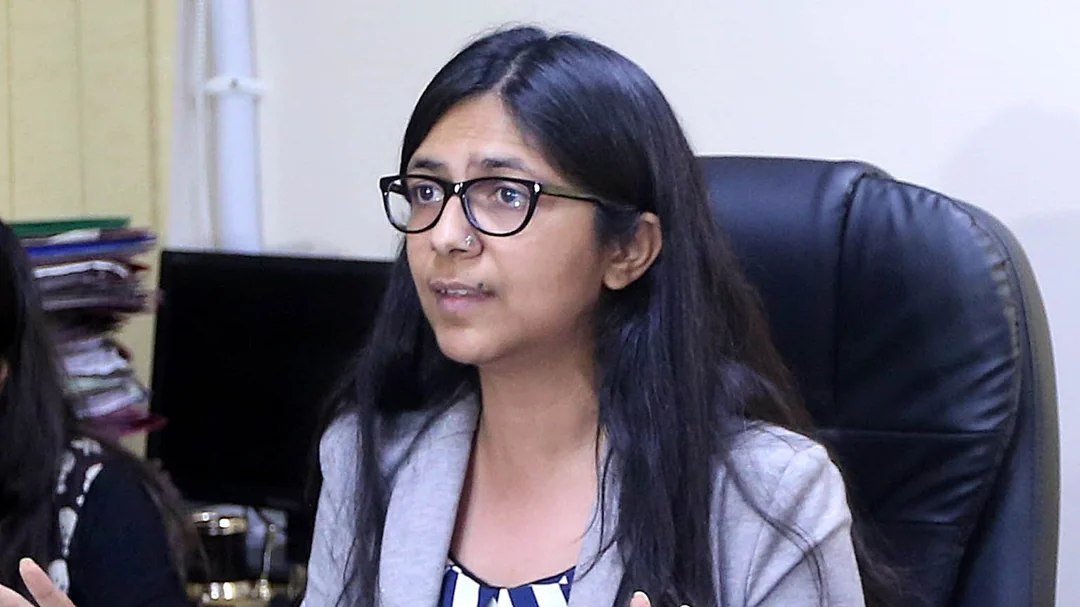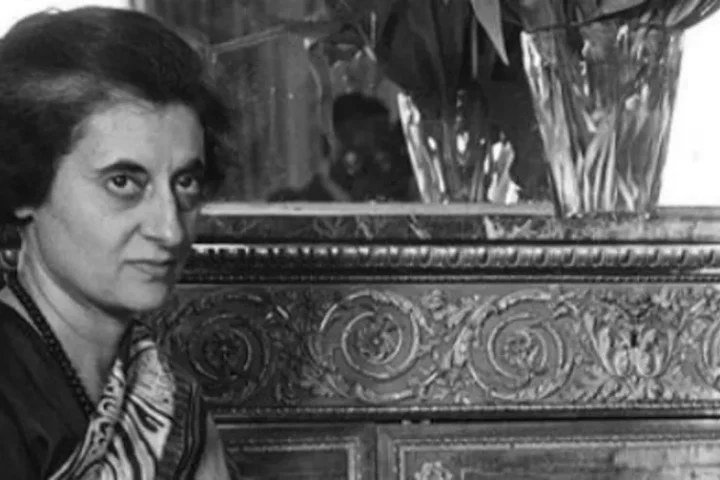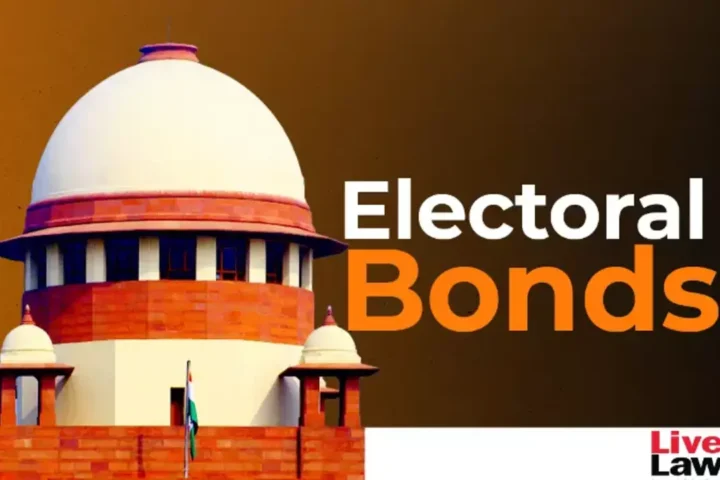In the ever-evolving landscape of Indian politics, Swati Maliwal, a prominent social activist and the Chairperson of the Delhi Commission for Women (DCW), has often found herself at the center of significant political discourse. As a member of the Aam Aadmi Party (AAP), her actions and statements have frequently attracted media attention and public scrutiny. Recently, questions have arisen about whether any potential damage to the AAP could translate into gains for the Congress party in the upcoming elections.
The AAP’s Challenges
The AAP, led by Arvind Kejriwal, has faced numerous challenges in recent times. Allegations of corruption, internal party conflicts, and public dissatisfaction with governance issues have put the party under immense pressure. The political dynamics within Delhi have also been influenced by controversies surrounding key figures like Swati Maliwal. As the DCW Chairperson, Maliwal’s proactive stance on women’s rights and safety has been both lauded and criticized, often placing her in direct conflict with other political entities and even factions within her own party.
Swati Maliwal’s Role
Swati Maliwal’s role in AAP is crucial. Her advocacy for women’s issues has won her significant support among the electorate, but it has also made her a target for criticism. Maliwal’s recent confrontations with both state and central governments have added to the tensions within AAP. These internal conflicts, coupled with external pressures, have led to a perception of instability within the party.
Congress’ Position
The Indian National Congress, once the dominant political force in the country, has been seeking opportunities to regain its foothold in Delhi and other key states. With the AAP facing multiple challenges, the Congress sees a potential opening. The Congress has been strategically positioning itself to capitalize on any discontent within the AAP’s voter base.
Can Congress Capitalize on AAP’s Weaknesses?
1. Voter Discontent: Voters disillusioned with AAP’s performance and internal strife might consider Congress as a viable alternative. The Congress party’s recent efforts to rebrand itself and address urban issues could resonate with these voters.
2. Leadership Appeal: Congress leaders, both at the national and state levels, have been increasingly vocal about their commitment to addressing issues such as corruption, public safety, and women’s rights. These areas of focus could attract voters who are currently aligned with Swati Maliwal’s advocacy within the AAP.
3. Strategic Alliances: The Congress party’s potential alliances with smaller regional parties and independent candidates could also strengthen its position against the AAP in upcoming elections.
Political Implications
The political implications of this dynamic are significant. If Congress manages to effectively capitalize on the AAP’s weaknesses, it could lead to a major shift in Delhi’s political landscape. Such a shift would not only impact local governance but also have broader implications for national politics, especially with the general elections on the horizon.
Conclusion
Swati Maliwal’s role within the AAP and the party’s current challenges present a complex scenario. While Maliwal’s activism continues to inspire many, the internal and external pressures on the AAP create a volatile political environment. The Congress party, with its strategic positioning and focus on key issues, stands to potentially gain from any fallout within the AAP. As the political battle intensifies, the coming months will be critical in determining whether the Congress can successfully convert AAP’s damage into its own electoral gain.







